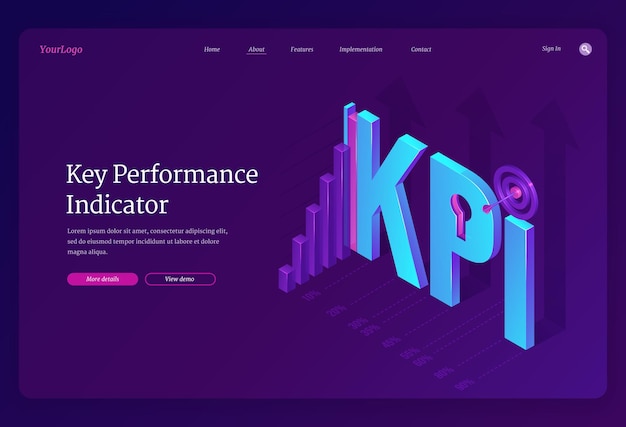It’s true that even in the world of manufacturing, every organization is a bit different from the next. They all have different priorities and care about different things – which is why there is no “one size fits all” approach to continuous improvement. That urge to always be doing better – to capitalize on opportunities to grow in a positive way – should still always be the goal.
That, in essence, is why manufacturing KPI dashboards are so important. They don’t just help support the organization you’re currently running – they help it continue on its journey towards the one it was always meant to be. They do this in a wide range of different ways, all of which are worth exploration.
What Do Manufacturing KPI Dashboards Offer?
In an over-arching sense, manufacturing KPI dashboards put critical information at the fingertips of people who need it to make strategic decisions. They also allow for an efficient, visual way to stay abreast of any changes that are happening in an organization, they’re a way to uncover certain trends and patterns that may have otherwise gone undiscovered and more.
High quality manufacturing KPI dashboards like those available at Thrive are also heavily customizable – meaning you can select exactly which qualities about your business that you want to monitor with ease.
This is important because while every business is unique, so is every industry. An organization operating in the food and beverage industry will have entirely different goals – and concerns – compared to one in automotive or lumber and other building materials. The same piece of software is useful to all of them and this level of customization is why.
What is OEE?
All of this is crucial because it also feeds into another important effort for most businesses – OEE, or Overall Equipment Effectiveness. It’s not just an important manufacturing KPI – it may be the most beneficial of all.
OEE is a measure of three core elements – quality, performance and availability. They’re considered together and measured on a scale of 100% and the closer you can get to that coveted number, the more efficient your production lines happen to be.
Availability looks at stops – both those that you anticipated and those that you didn’t. Performance examines slow cycles and small stops. Quality looks at things like defects, also encompassing parts that eventually need to be reworked.
If you’re paying attention to these factors, you know which of your efforts are working and which aren’t. Once you’ve identified your losses, you know what you have to do to improve – which in and of itself is the most important goal of all.
The Very Real Business Benefits of a Manufacturing KPI Dashboard
Overall, a manufacturing KPI dashboard is a great way to get a “bird’s eye view” in terms of what is really going on with a business. It’s visual, presenting admittedly complicated information in a way that makes it easy for virtually anyone to understand.
This allows you to discover issues quickly so that you can act on them just as fast. But most importantly, it provides a much-needed context to the data your operations are generating. You can segment information by facility, by department, by production line or even down to individual machines – all in an effort to better understand what is being done to meet goals and what can be done better in the future.
All of this leads to better and more informed decision-making, which is the cornerstone of any business.
More Read: flashlight charger cord

